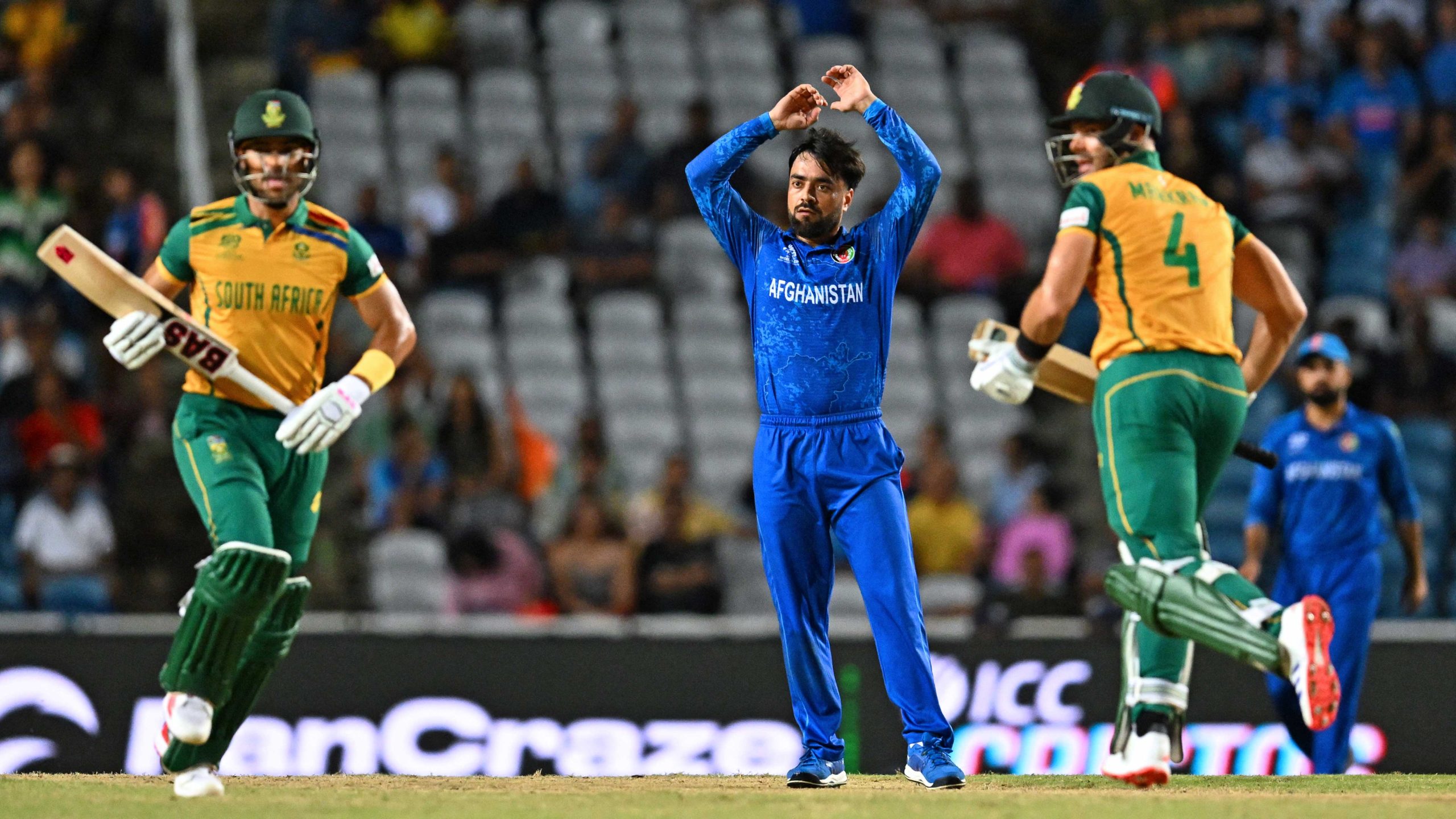
Does Pakistan Need a New Batting Strategy Despite Beating Canada?
As two security guards chatted idly, seemingly unaware of Mohammad Rizwan’s mounting frustration, it was clear that the match itself felt more like a placeholder than a significant event. The guards’ oblivion mirrored the game’s tedious nature, which even led some fans to shoo them away. Only the arrival of an authoritative figure finally got the game back on track.
With Pakistan needing just a few runs to win and plenty of time to do it, Rizwan inched his way to an unbeaten 53 off 53 balls, following a 63-run partnership with Babar Azam, who had scored 33 off 33 balls. If this marks the end of the “RizBar” era, it was a fittingly lackluster finale.
RELATED:
- Florida Weatherwatch: Last Three Group A Games Set to Be Affected
- Death, Taxes, and Rizbar – Pakistan Reopen Opening Debate
- Pakistan’s Self-Doubt and Uncertainty Clear for All to See
- Old Debate, Simple Answer: Pakistan’s Batting Just Not Very Good
- Rizwan Leads Pakistan to First Win After Amir-Led Bowling Show
For those expecting a statement victory from a wounded Pakistan team, the match against Canada was disappointing. Pakistan’s bowling was erratic but effective enough to limit Canada to 106. However, the chase lacked enthusiasm, resembling a bureaucratic task carried out with minimal effort.
Despite grievances about the challenging New York pitch, Pakistan’s cautious approach was evident. Even on a better surface in Dallas, they managed only 159, eventually losing in a Super Over. This game felt like a continuation of their torturous chase against India, albeit under less pressure and with a more manageable target.
Saim Ayub, repeatedly shuffled in and out of the side, struggled again, scoring a 12-ball 6. This highlighted Pakistan’s ongoing issue: talented hitters fail to replicate their T20 league success on the international stage, a stark contrast to other teams’ high-intent players.
Pakistan’s Persistent Issues:
- Player Performance: The inconsistency of players like Saim Ayub and the failures of others like Iftikhar Ahmed and Mohammad Haris raise questions about player selection and utilization.
- Leadership and Management: Frustration with leadership, evident in Babar Azam’s reaction to his dismissal, reflects deeper issues within the team’s management and strategy.
- Structural Problems: The Pakistan Cricket Board (PCB) often appears unserious about reforms necessary for consistent success, relying instead on sporadic miracles to advance in tournaments.
Pakistan’s sporadic successes, such as their last two ICC finals, often hinge on miraculous moments rather than consistent performance. Structural reforms seem unlikely, and their progress in this tournament depends more on favorable conditions in Miami than on their actual gameplay.
In summary, Pakistan’s victory over Canada might bring temporary relief but fails to address the underlying issues plaguing the team. As they edge closer to another potential salvation shot, this hollow win highlights the urgent need for deeper changes within the team and the PCB.










